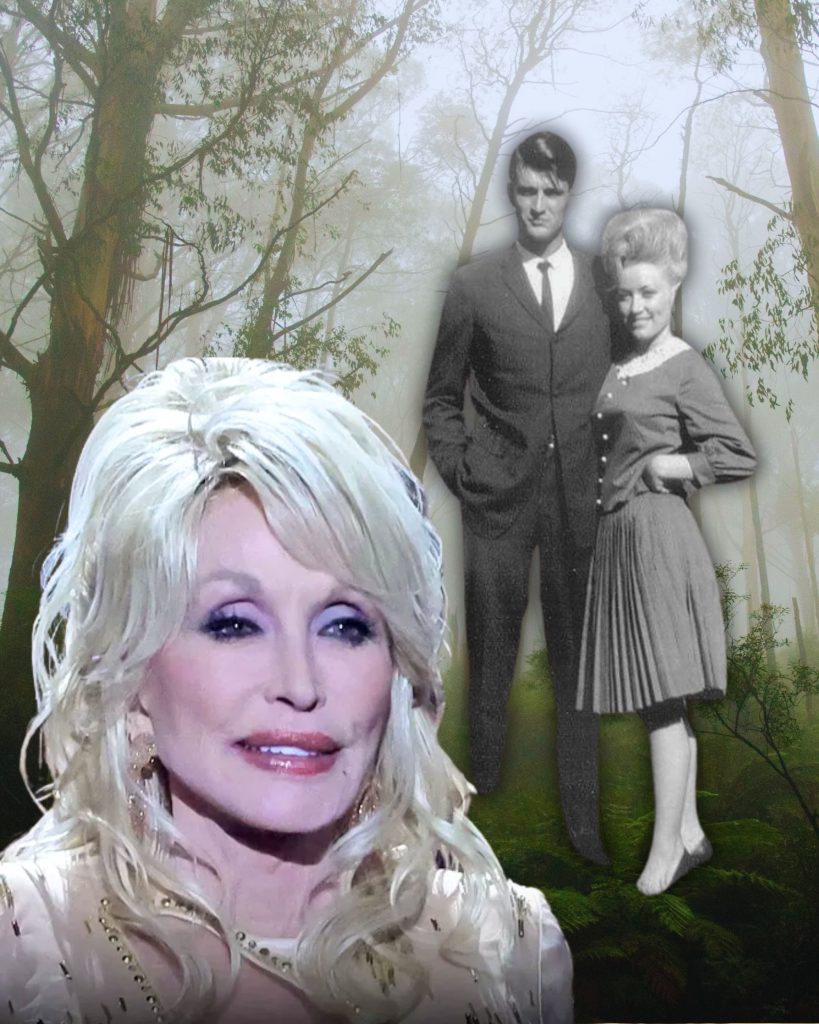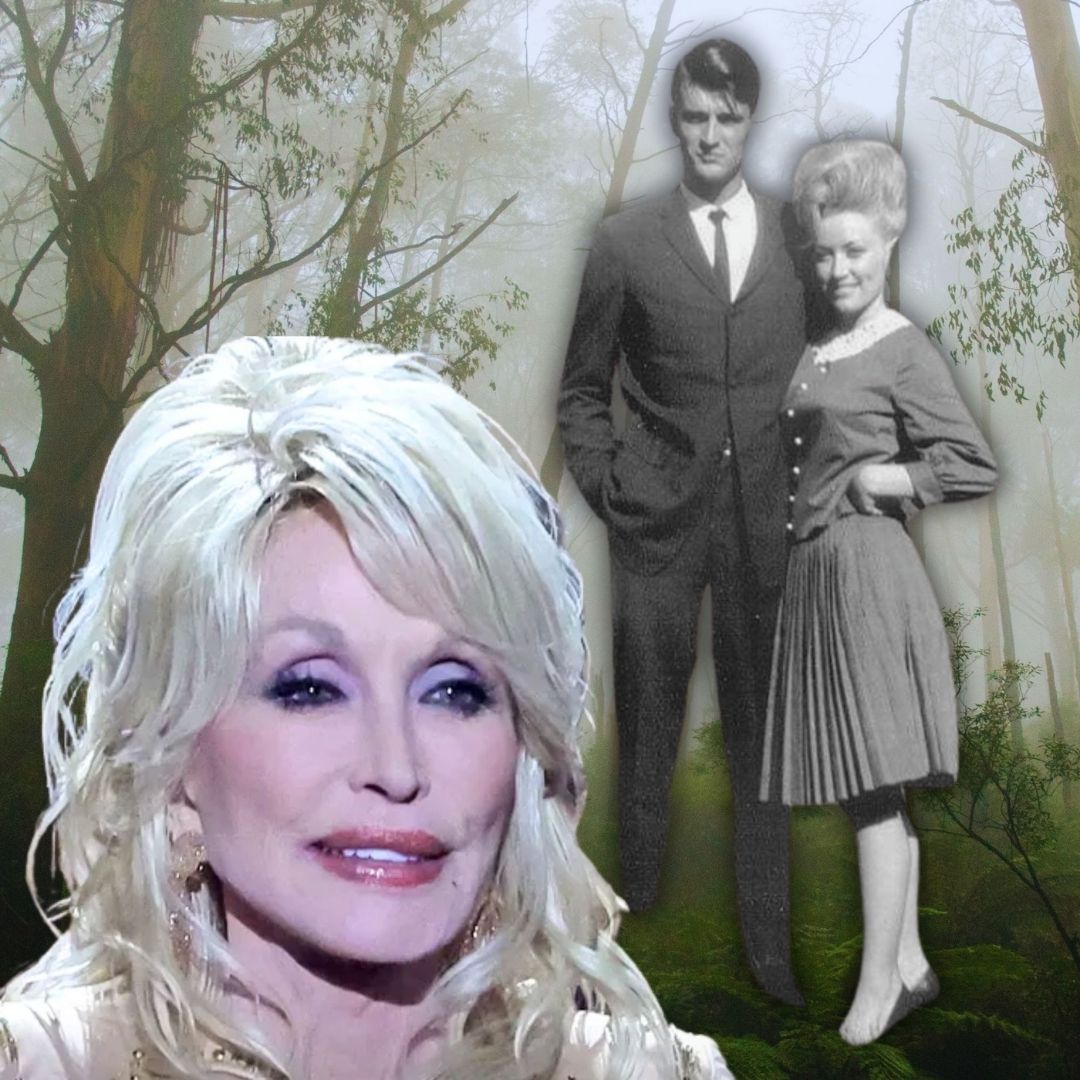
Introduction
Growing up, I remember my mother humming a tender tune as she tucked me into bed, her voice soft yet carrying a weight of emotion I couldn’t quite grasp as a child. Years later, I discovered it was “To Daddy,” a song penned by Dolly Parton that captured the quiet ache of a child witnessing a mother’s unspoken struggles. That personal connection drew me to explore its story—a tale rooted in the raw honesty of Parton’s songwriting and the universal longing for love and recognition.
About The Composition
- Title: To Daddy
- Composer: Dolly Parton
- Premiere Date: Not explicitly documented as a live premiere, but released as a single by Emmylou Harris in November 1977
- Album/Opus/Collection: Originally written by Dolly Parton and later popularized on Emmylou Harris’s album Quarter Moon in a Ten Cent Town (1978)
- Genre: Country (with elements of folk and ballad traditions)
Background
“To Daddy” was crafted by Dolly Parton, a prolific singer-songwriter whose work often reflected the lives of working-class families in rural America. While Parton wrote the song, she didn’t record it as a single herself; instead, it found its voice through Emmylou Harris, who released it in 1977. The piece emerged during a period when Parton was establishing herself as a formidable songwriter, transitioning from her early career with Porter Wagoner to a solo artist with a distinctive narrative style. The song tells the story of a woman who sacrifices her own happiness to maintain a stable home for her children, a theme resonant with the societal expectations of women in the mid-20th century South. Harris’s rendition climbed to No. 3 on the Billboard Hot Country Singles chart, a testament to its immediate appeal. Within Parton’s vast repertoire, “To Daddy” stands out as a quiet, introspective gem, showcasing her ability to weave personal observation into universally relatable storytelling.
Musical Style
“To Daddy” is a quintessential country ballad, marked by its simplicity and emotional directness. The song’s structure follows a traditional verse-chorus form, allowing the narrative to unfold gradually. Instrumentation is sparse yet evocative—featuring acoustic guitar, gentle steel guitar slides, and subtle harmonies that frame the lyrics without overpowering them. Parton’s compositional approach here relies on a conversational melody, almost as if the protagonist is confiding in the listener. Harris’s rendition adds a layer of mournful elegance, her clear, crystalline voice amplifying the song’s understated pathos. The restrained arrangement enhances its intimacy, making it feel like a letter read aloud, personal and unguarded.
Lyrics/Libretto
The lyrics of “To Daddy” center on a mother’s silent endurance in a loveless marriage, observed through the eyes of her children. Lines like “Mama never seemed to miss the finer things of life / If she did, she never did say so to Daddy” reveal a woman who suppresses her own desires for the sake of familial harmony. The recurring refrain, “She never said a word to Daddy,” underscores themes of sacrifice, repression, and quiet resilience. The music mirrors this restraint—soft and steady—while the final verse, where the mother leaves a note and departs, delivers a poignant twist that shifts the tone from resignation to liberation. It’s a story of unspoken love and the cost of duty, wrapped in a melody that lingers like a bittersweet memory.
Performance History
While Dolly Parton wrote “To Daddy,” it was Emmylou Harris’s 1977 recording that brought it to prominence, peaking at No. 3 on the country charts and earning critical praise for its emotional depth. Parton herself performed it live on occasion, including during her television appearances in the 1970s, but it never became a staple of her own discography. Harris’s version remains the definitive one, often cited in retrospectives of her career as a highlight of her interpretive skill. Over time, the song has been covered by other artists and featured in tribute performances to Parton, cementing its status as a beloved, if understated, classic in the country music canon.
Cultural Impact
“To Daddy” resonates beyond its country roots, touching on universal themes of familial sacrifice and the hidden struggles of women. Its influence is subtle but enduring, inspiring songwriters to explore domestic narratives with similar honesty. The song’s inclusion in Harris’s Quarter Moon in a Ten Cent Town helped bridge country and folk audiences, contributing to the broader acceptance of introspective storytelling in popular music. Though not as widely adapted into other media as some of Parton’s flashier hits like “Jolene,” its quiet power has made it a touchstone for discussions about gender roles and emotional labor, particularly in the context of 1970s America.
Legacy
The enduring importance of “To Daddy” lies in its ability to distill complex emotions into a deceptively simple package. Today, it remains relevant as a reflection on the sacrifices made by generations of women, a theme that continues to echo in contemporary music and culture. For performers, it offers a chance to showcase vocal nuance and emotional authenticity, while for listeners, it’s a reminder of the stories lurking beneath the surface of everyday life. Its legacy is one of quiet strength, a song that doesn’t shout but whispers truths that endure.
Conclusion
“To Daddy” holds a special place in my heart—not just for its connection to my childhood, but for the way it reveals the beauty in life’s small, unspoken moments. Dolly Parton’s gift for empathy shines through, and Emmylou Harris’s haunting delivery elevates it to something timeless. I encourage you to listen to Harris’s 1977 recording—let the gentle strum of the guitar and the weight of the words wash over you. Or, if you can find it, seek out a live performance by Parton herself; her warmth brings a different shade to the story. This song is a treasure worth discovering, a quiet companion for anyone who’s ever felt the pull of love and duty intertwined
Video
Lyrics
Mama never seemed to miss the finer things in life
If she did, she never did say so to daddy
She never wanted to be more than mother and a wife
If she did, she never did say so to daddy
The only thing that seemed to be important in her life
Was to make a house a home and make us happy
Mama never wanted any more than what she had
If she did, she never did say so to daddy
He often left her all alone but she didn’t mind the stayin’ home
If she did, she never did say so to daddy
And she never missed the flowers and the cards he never sent her
If she did, she never did say so to daddy
Being took for granted was a thing she accepted
And she didn’t need those things to make her happy
And she didn’t seem to notice that he didn’t kiss and hold her
If she did, she never did say so to daddy
One morning we awoke just to find a note
That mama carefully wrote and left to daddy
And as he began to read it our ears could not believe it
The words she had written there to daddy
She said, “The kids are old enough, they don’t need me very much
I’ve gone in search for love I need so badly
I have needed you so long but I just can’t keep holding on”
She never meant to come back home
If she did, she never did say so to daddy
Goodbye to daddy
